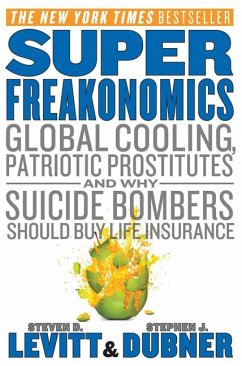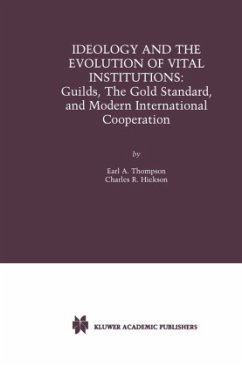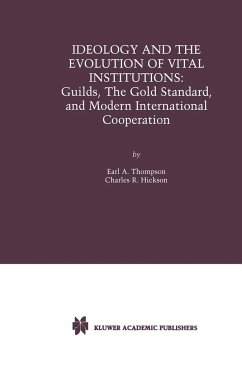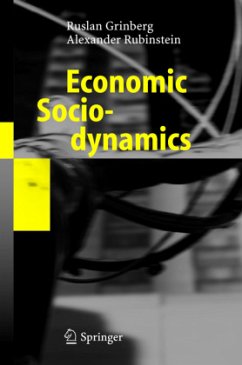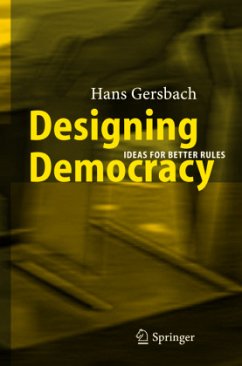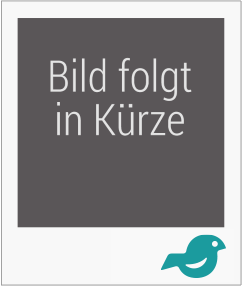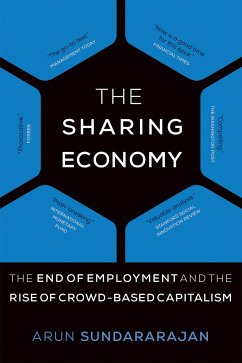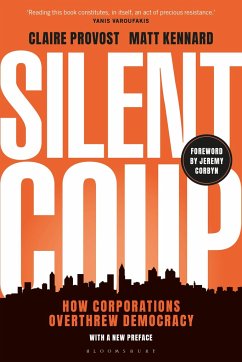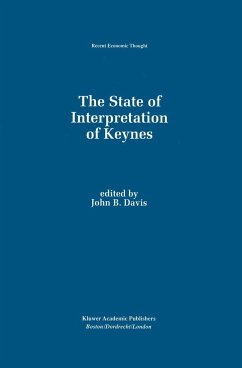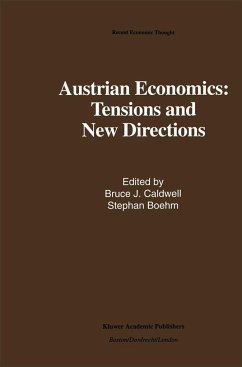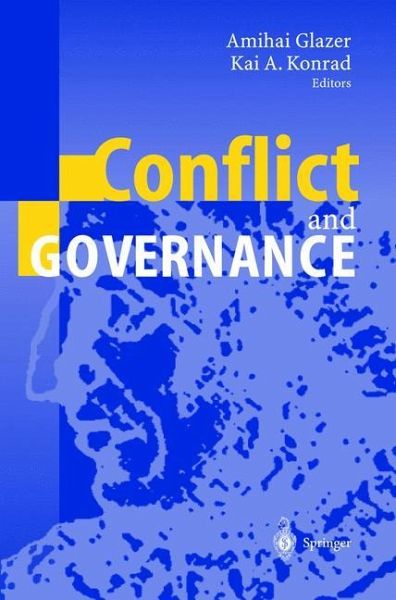
Conflict and Governance

PAYBACK Punkte
20 °P sammeln!
This book contains articles on the theory of conflict. Conflict appears in many forms, from a dictator terrorizing his country to organized crime demanding protection money. Among the questions addressed are the conditions which make conflict severe (for example, is class conflict worse than ethnic conflict?), whether voluntary agreements can avoid future conflict, how the outcome of one war will affect the incentives of countries to wage war in the future, how dictators hold power, and why revolutions appear. The book provides an overview of existing literature, applies the theory of conflict to new situations, and gives foundations for future work. It should interest both researchers and students studying political economy, public choice, international relations, and comparative politics.
Economists and political scientists have recently begun to study formally how conftict and the possibility of conftict affects resource allocation and economic performance.! For example, an extensive empiricalliterature suggests that conftict and political instability adversely affects economic development and that higher 2 inequality causes poor economic performance by inducing increased conftict. In this paper I argue that a serious ftaw in this research has taken too individu 3 alistic a view of conftict. While the approach of methodological individualism is attractive, in reality individuals act not purely in isolation, but also as part of larger social groupings and networks. I therefore try to consider how these models of conftict may be extended to this type of situation and thus attempt to place individuals within a larger social setting to see how this alters our intuitions about conftict and its economic and political determinants and implications. But what groups are relevant? Individuals belong to many overlapping and cross cutting groups in society. While traditional Marxist analysis stressed dass groupings so that workers associated with workers and capitalists with capitalists, more recent literature (see Wright, 1985) has stressed the diversity of social groupings. Rather than associate along dass lines one might associate along gender, religious, or perhaps ethnic lines. Many strands of research have show how thinking of groups in this heterogeneous way can iIluminate both economic 4 and political behavior.





